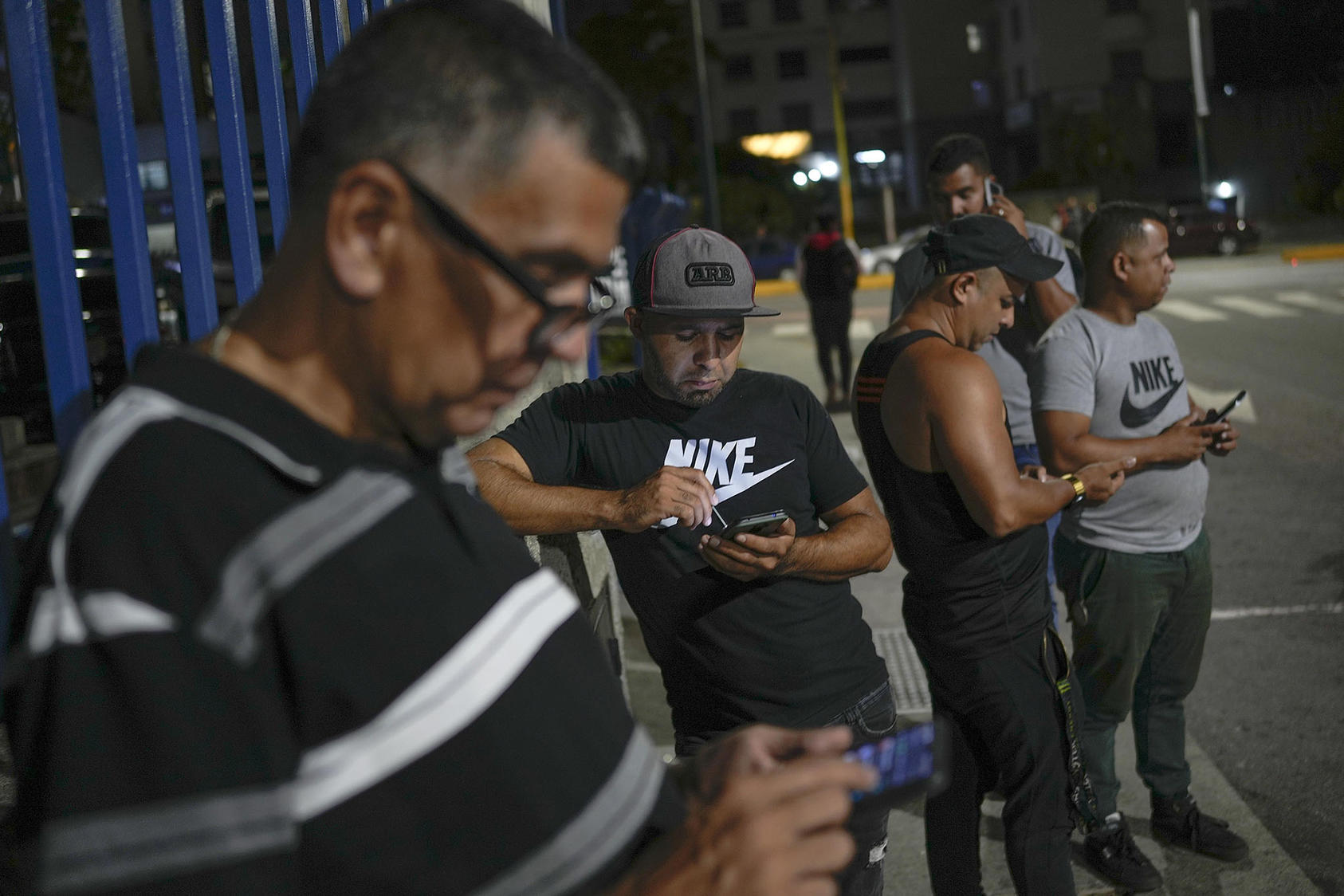Huawei’s Expansion in Latin America and the Caribbean: Views from the Region
Since its founding in Shenzhen, China, in 1987, Huawei has grown into one of the world’s major information and communications technology companies, but its ties to China’s government and military have been regarded by US officials as a potential risk to national security. Latin American and Caribbean countries, however, have embraced the company for the economic and technological benefits it provides. This report explains the stark contrast between Huawei’s standing in the United States and its neighbors to the south.

Summary
- Huawei actively leverages China’s foreign policy and diplomatic ties in Latin America and the Caribbean to win clients and gain market share.
- Clients in Latin America, particularly service providers, tend to hold a positive view of the company. Local employees, however, seem to prefer working for Huawei’s competitors because of their higher labor standards.
- Huawei’s unmatched customer service is a key factor that sets it apart from its competitors. However, the hiring practices and operational processes that make this customer service possible come at the expense of an exploited workforce.
- Research revealed no evidence or even suspicion of wrongdoing by Huawei in relation to hardware security breaches such as data leaks, back doors, or sabotage.
- There is, however, clear evidence that Huawei has relied on unfair and illegal market practices to gain market share, including price dumping and bribery.
- Countries in Latin America and the Caribbean welcome China-based companies and Chinese technology. As a consequence, the US push for the securitization of Chinese technology has largely failed to gain traction in the region.
About the Report
This report examines Huawei’s standing in Latin America and the Caribbean and how it managed to become a key provider of information and communications technology in the region. The report is based on a series of interviews with Latin American professionals who have extensive experience working for Huawei. The report was commissioned by the China program at the United States Institute of Peace.
About the Author
Parsifal D’Sola Alvarado is the founder and executive director of the Andrés Bello Foundation–China Latin America Research Center based in Bogotá, Colombia. A specialist in Chinese foreign policy and Sino–Latin American relations, he is a nonresident senior fellow in the Atlantic Council’s Global China Hub. In 2019–2020, he acted as foreign policy adviser on China to the Foreign Affairs Ministry of the Interim Government of Venezuela.



